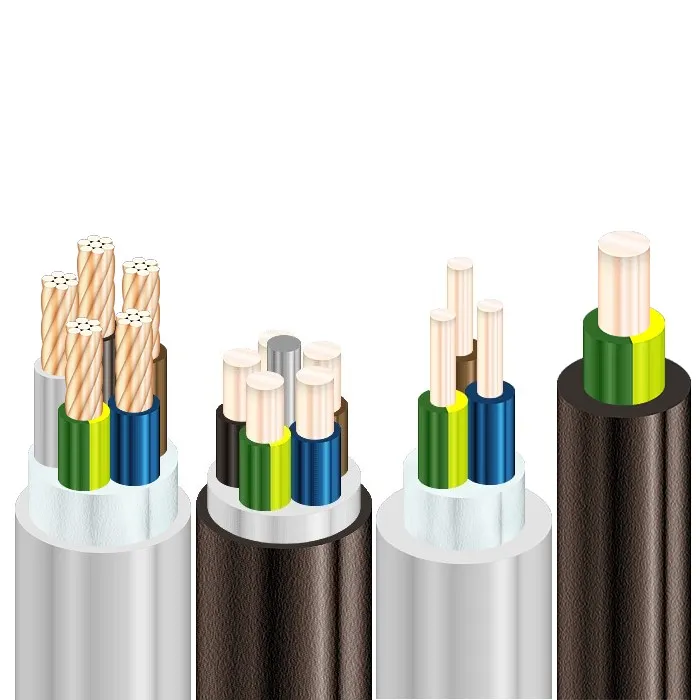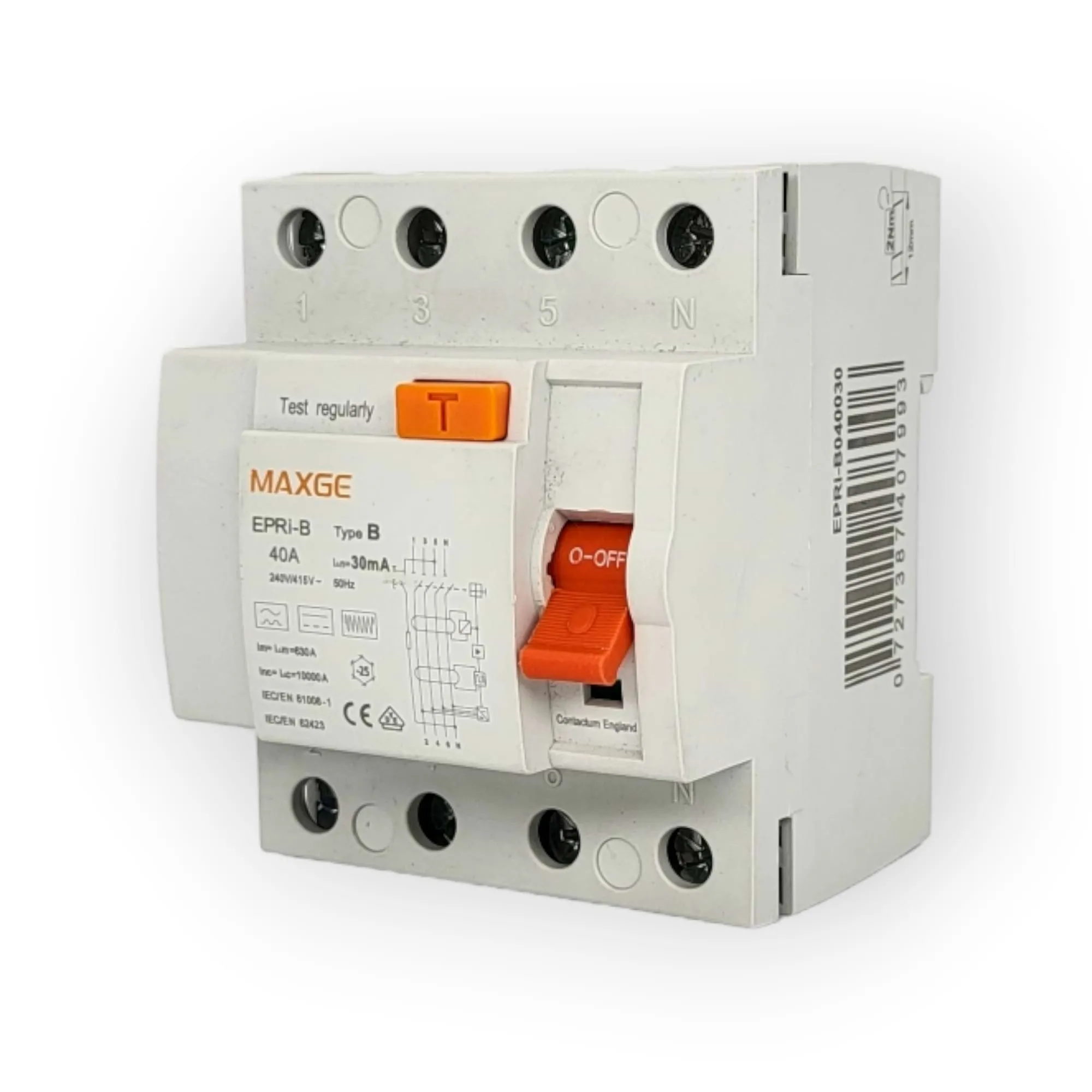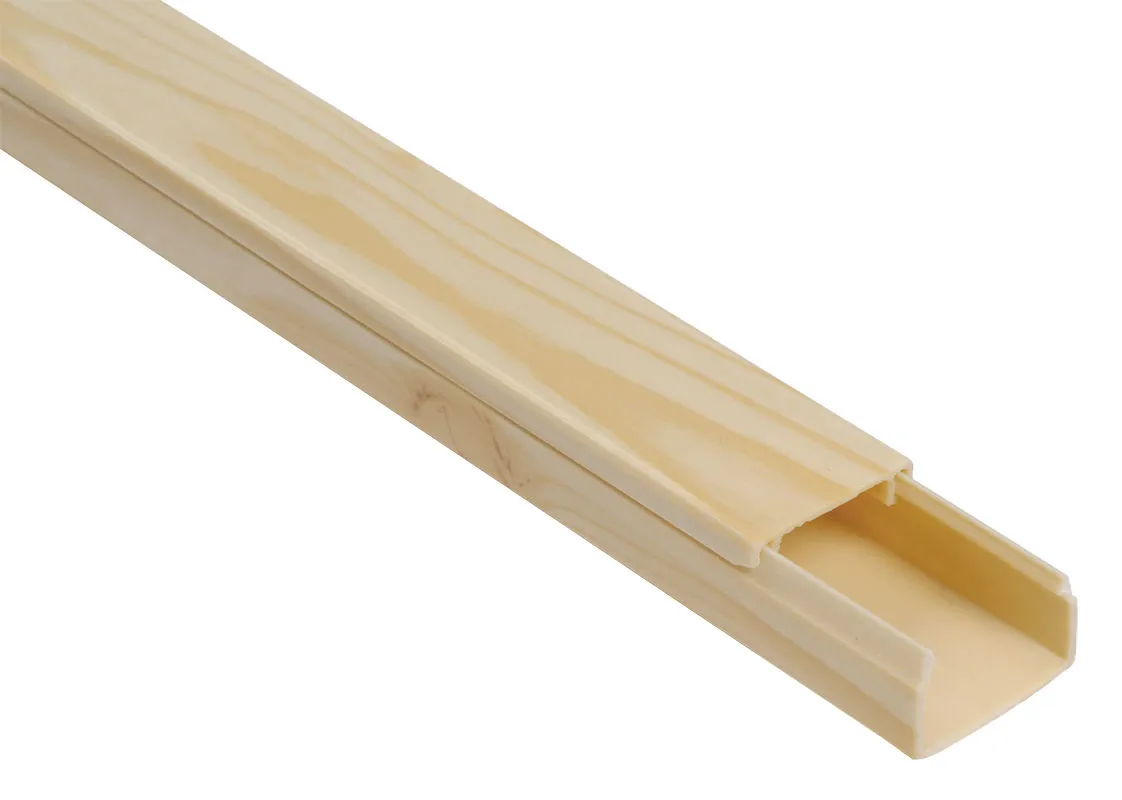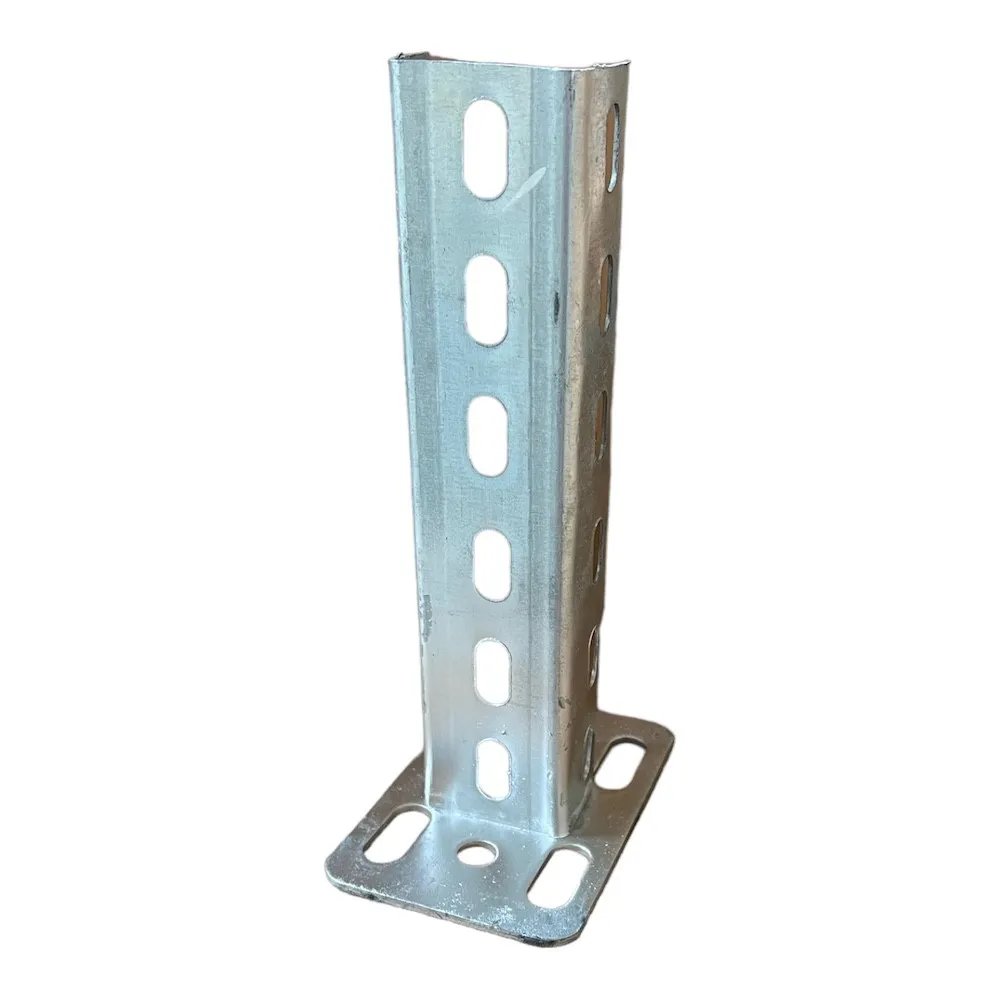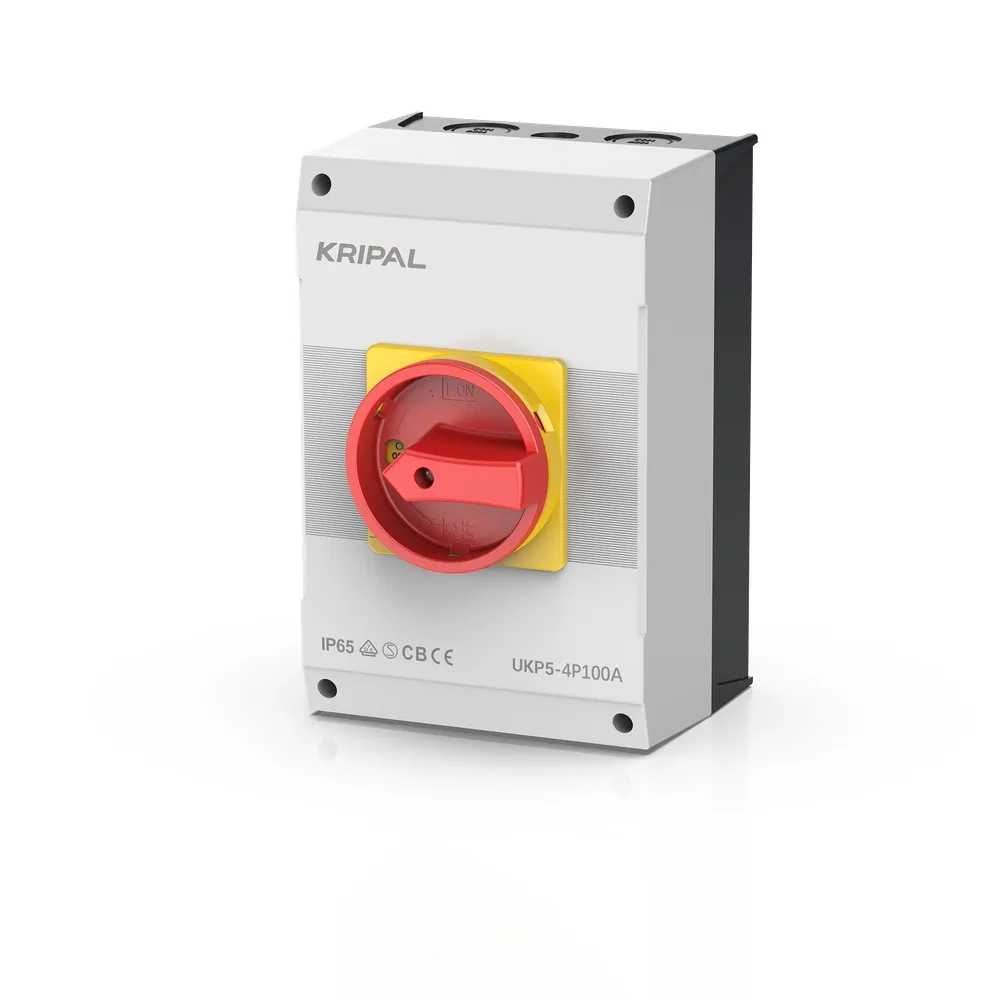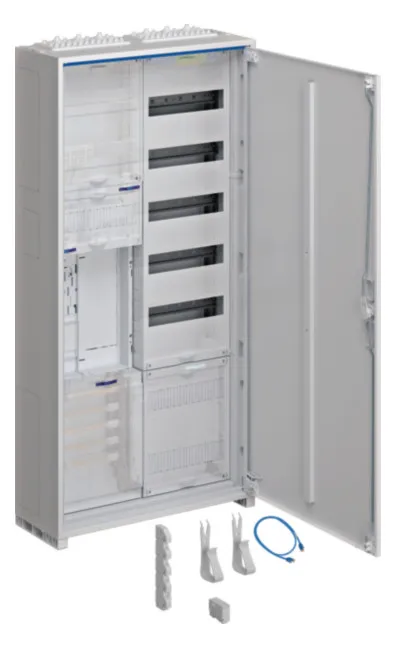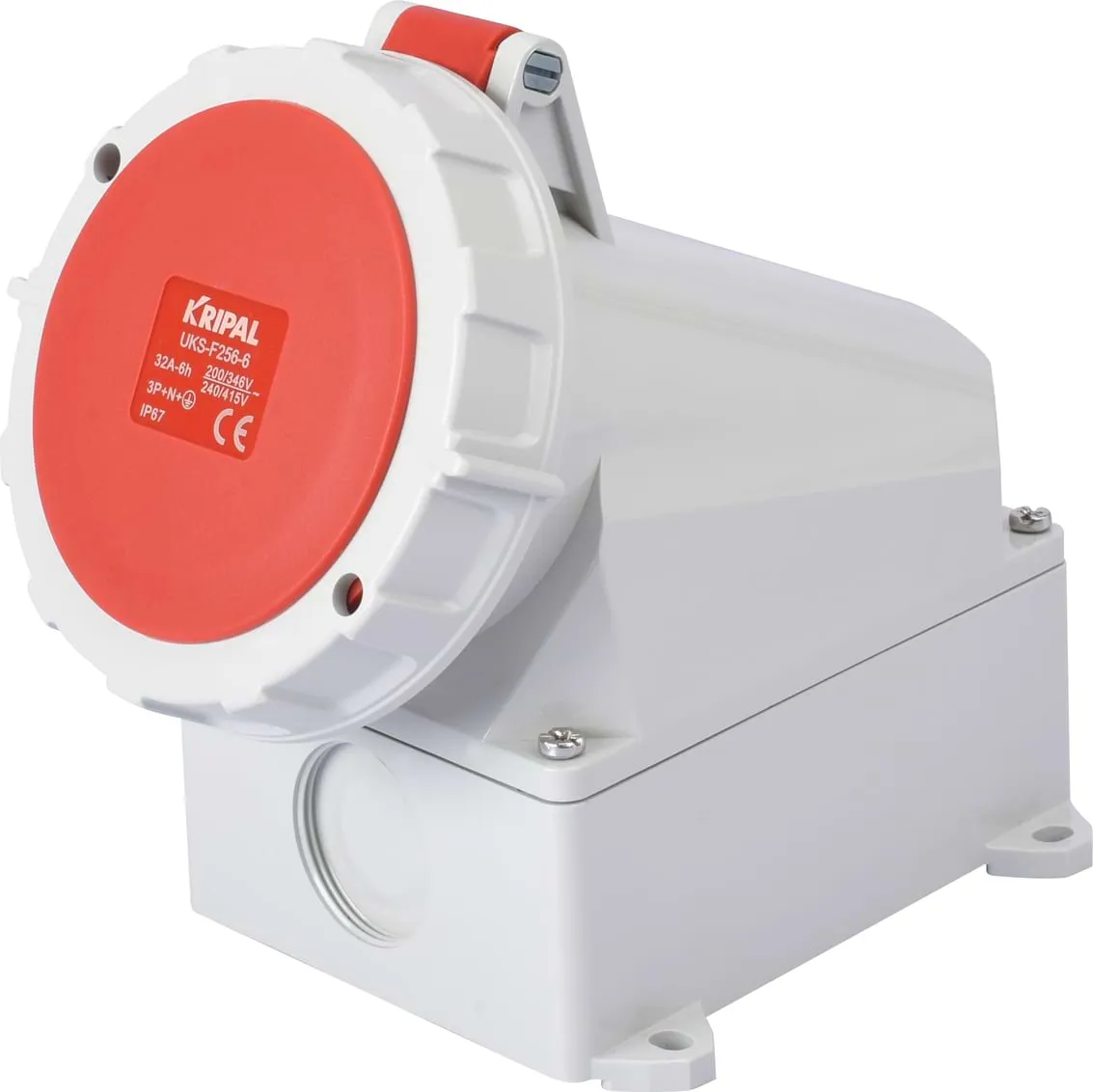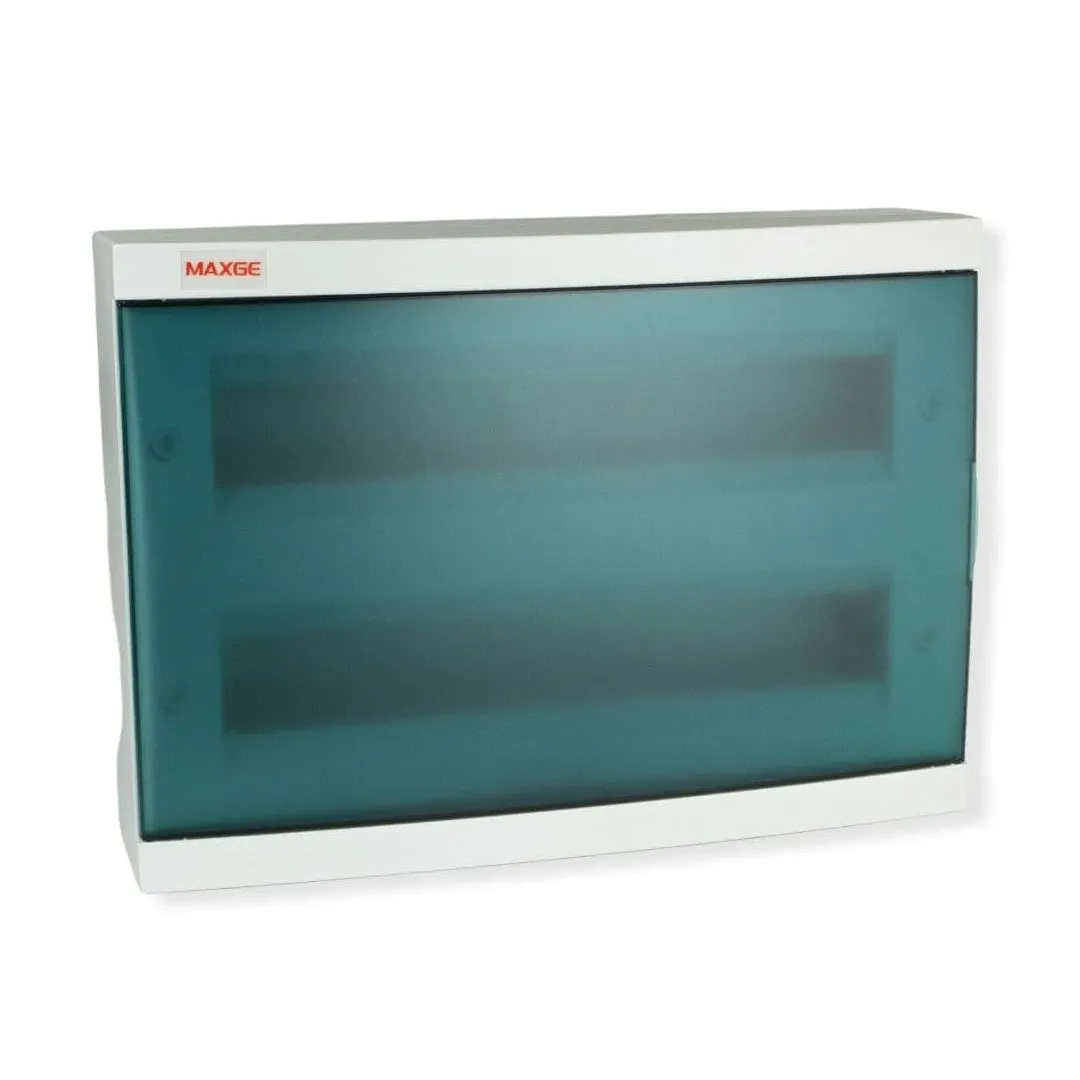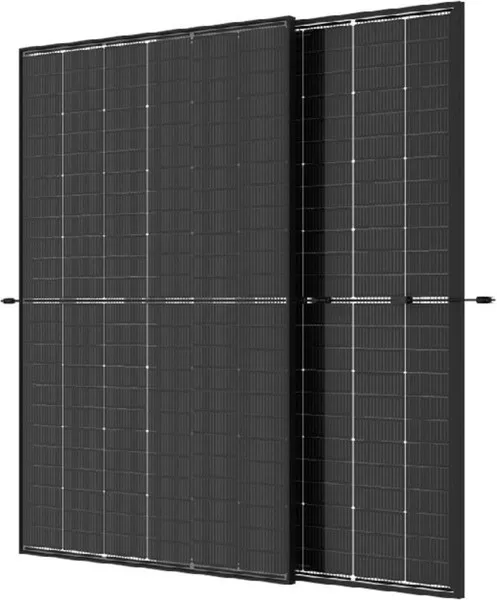Find the right underground cable for your project
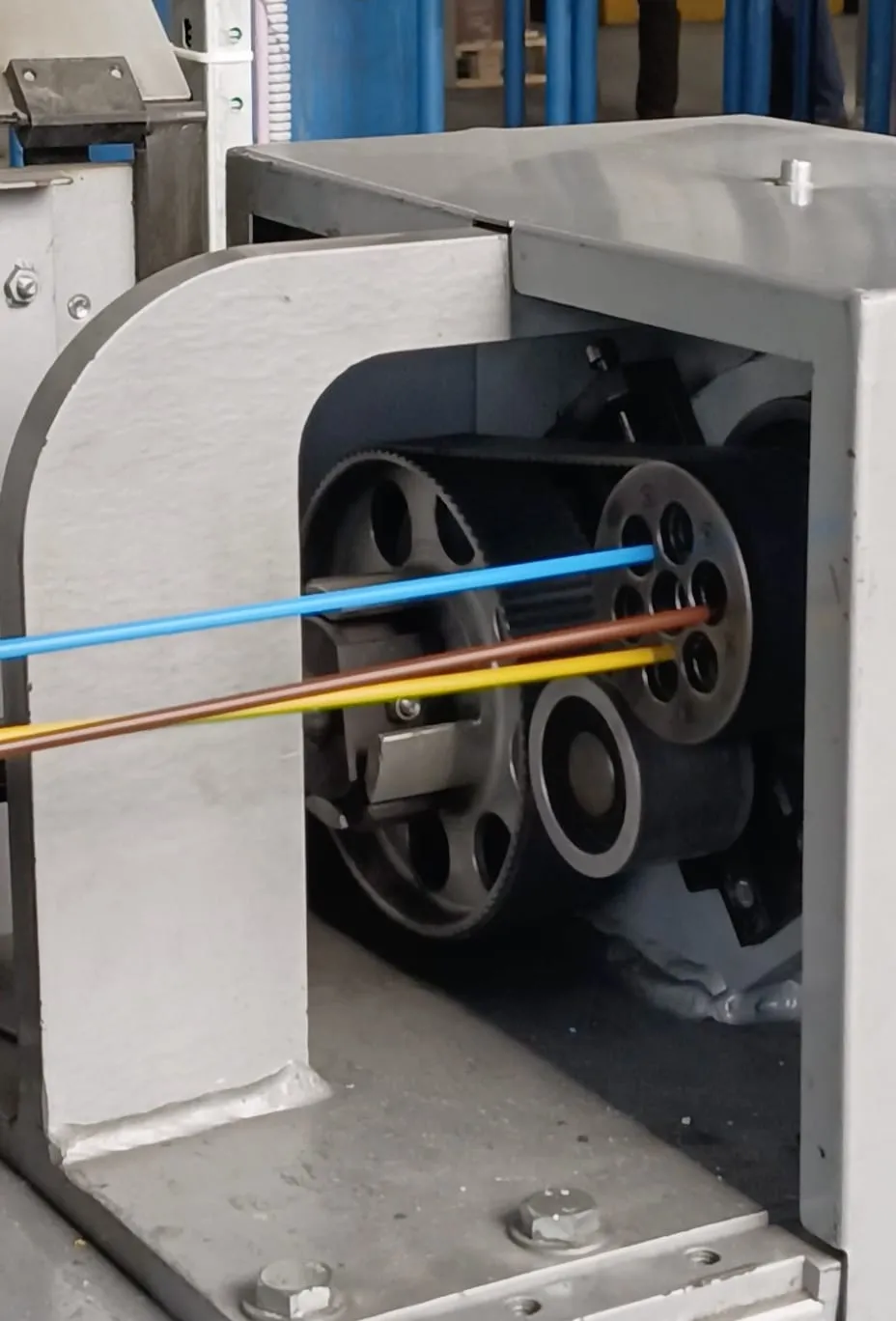
Choosing an underground cable can feel like jumping in at the deep end - especially if you don't know exactly what's involved. Whether you want to power your home, light up the garden or start a major construction project, the right underground cable is the key to a safe and reliable power supply. Don't worry, I'll show you step by step how to find the right underground cable and what you need to consider.
Advantages of underground cables for underground power supply
Underground cables are real all-rounders when it comes to laying electricity underground. They are built to withstand moisture, pressure and even prying spades. Compared to normal cables, underground cables have extra strong insulation and often a protective layer that makes them virtually indestructible. But not every underground cable is suitable for every project - the right choice will save you time, money and nerves.
What types of underground cables are there?
The world of underground cables is diverse, but here are the most important types you should know:
- NYY-J: The classic for laying in the ground. Robust, moisture-resistant and perfect for most projects.
- NYCY: With an extra protective conductor, often used for house connections or special applications.
- NAYY: An aluminium cable that is cheaper but conducts less current than copper.
- NYM-J: More for indoor use, but can be used in protected outdoor areas - not directly suitable for the earth.
Curious about more cable types? Take a look at our cables and wires category, where you'll find everything your project needs.
Important criteria when buying an underground cable
Before you buy an underground cable, there are a few things you should keep in mind:
- Conductor cross-section: This is the thickness of the cable (e.g. 1.5 mm² or 16 mm²). Larger cross-sections are required for higher currents.
- Voltage: Most underground cables are designed for 0.6/1 kV, perfect for households or smaller projects.
- Material: Copper conducts better, but is more expensive. Aluminium is cheaper, but often requires a larger cross-section.
- Environment: Is the ground stony or damp? This influences how robust your underground cable needs to be.
- Standards: Look out for VDE certifications to ensure that your cable is safe and legal.
How to find the right underground cable step by step
Don't panic, I'll make it easy for you. These steps will help you find the perfect underground cable for your project:
1. what do you need the underground cable for?
Think carefully about what you want to do. Do you want to connect a garden lamp, supply a shed with electricity or wire an entire house? The application determines which underground cable you need.
2. how much electricity flows?
Check how much power your project needs. An electrician can help you calculate the correct conductor cross-section so that the electricity arrives without any losses.
3. look at the floor
Where should the cable go? Sandy ground is easier than stony ground. Underground cables are usually laid 60-80 cm deep to protect them from frost or damage.
4. copper or aluminium?
Copper is the premium choice for best conductivity, aluminium is the budget option. Weigh up what is more important to you: cost or performance.
5. get expert advice
For larger projects, it's worth asking an electrician. They know the regulations and can tell you whether your underground cable is suitable.
Tips for safe underground cable installation
Even the best underground cable is useless if it is poorly laid. Here are a few practical tips:
- Sand bed: Lay the cable in a layer of sand to protect it from sharp stones.
- Warning tape: A yellow warning tape over the cable indicates later that there is electricity.
- No pulling: Lay the cable loosely so that ground movement does not damage it.
- Waterproof connection: Use special sleeves to prevent water from reaching the cable ends.
Why high-quality underground cables are the better choice
A good underground cable is a worthwhile investment. Cheap cables can break more quickly and then it gets really expensive. Go for brands that fulfil VDE standards and take a look at our cables and wires category - you'll find and buy underground cables you can rely on.
To summarise: Your path to the perfect underground cable
Finding the right underground cable is not rocket science if you know what's important. Think about the power requirements, the environment and the correct installation. With a high-quality underground cable, you'll be on the safe side and your project will run like clockwork. Browse our selection of cables and wires and get started right away!


